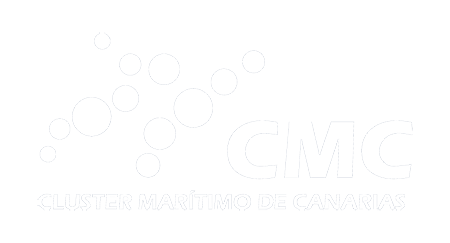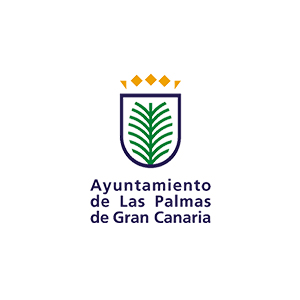The maritime cluster of the Canary Islands takes part in the measure foreseen in the INTERREG- MAC projects 2014-2020: SMART BLUE (Activity 2.3.2) and INTERPORT (Activity 2.2.2), as well as the promotion of the Canary Islands’ supppliers’ brands, will participate in the PLAMACAN project meeting in Brussels with the European Commision (Directorate- General for Maritime Affairs and Fisheries- “DG Mare”),to gather information on the EU’s fisheries agreements with Mauritania. In addition to the Maritime Cluster of the Canary Islands, the participants inclueded the Canary Island Federation of Port Operators(Fedeport), the Association of Stevedores, owners, operators dedicated terminals and concessionaires of the Canary Islands (Aotec), the association of Port Stevedores Union (ASEP), the PROEXCA delegation in Brussels and the Port Committee of the Canary Islands Business Association. The aim of this meeting was to obtain from DG Mare data and information from the evaluation reports prior to the adoption of the EU fisheries agreements with Mauritania, Senegal, Morocco and Cape Verde, as well as the proposal to study their socio-economic impact after their approval both in these African countries and in the Canary Islands as the outermost region and neighbour of these regions.
The Canary Islands industry representative specifically asked whether the European Commission would maintain its strategic position on landings in the Canary Islands in the contexto f the negotiations on the EU- Mauritania fisheries protocol. In response to this consultation, the European Commission reiterated its willigness to include landings in the negotations with Mauritania.
The Canary Islands presented a quantification of the maritime transport value chain, including the producers, i.e. the owners of fishing vessels, and one of the main conclusions of this working group was the importance of creating a corridor between the Canary Islands and the ports of African Countries within their sphere of influence.
According to the European Commission’s technicians, this would make it easier to consider the Canary Islands ports as ports of first landing.







